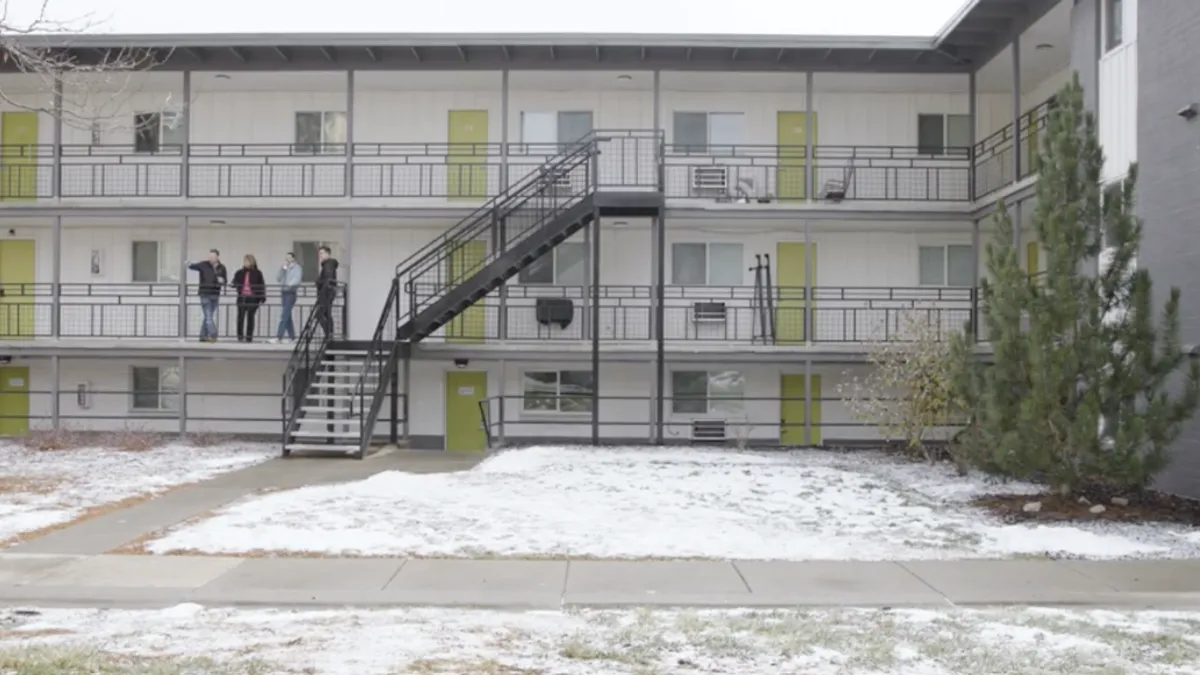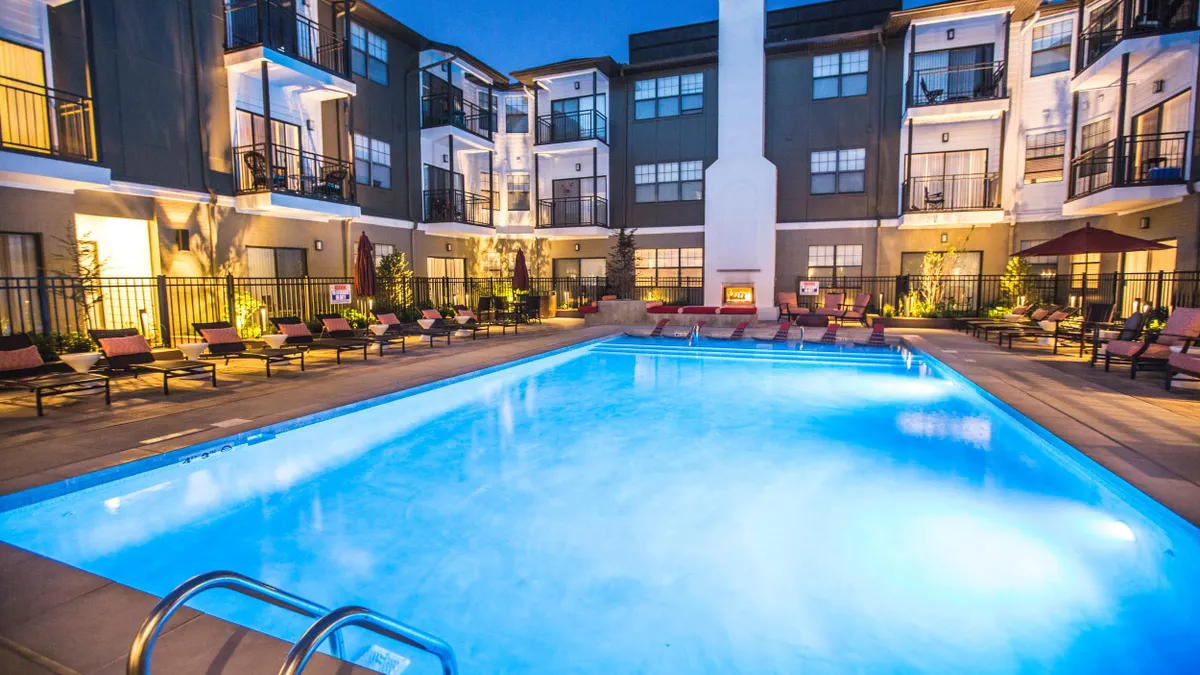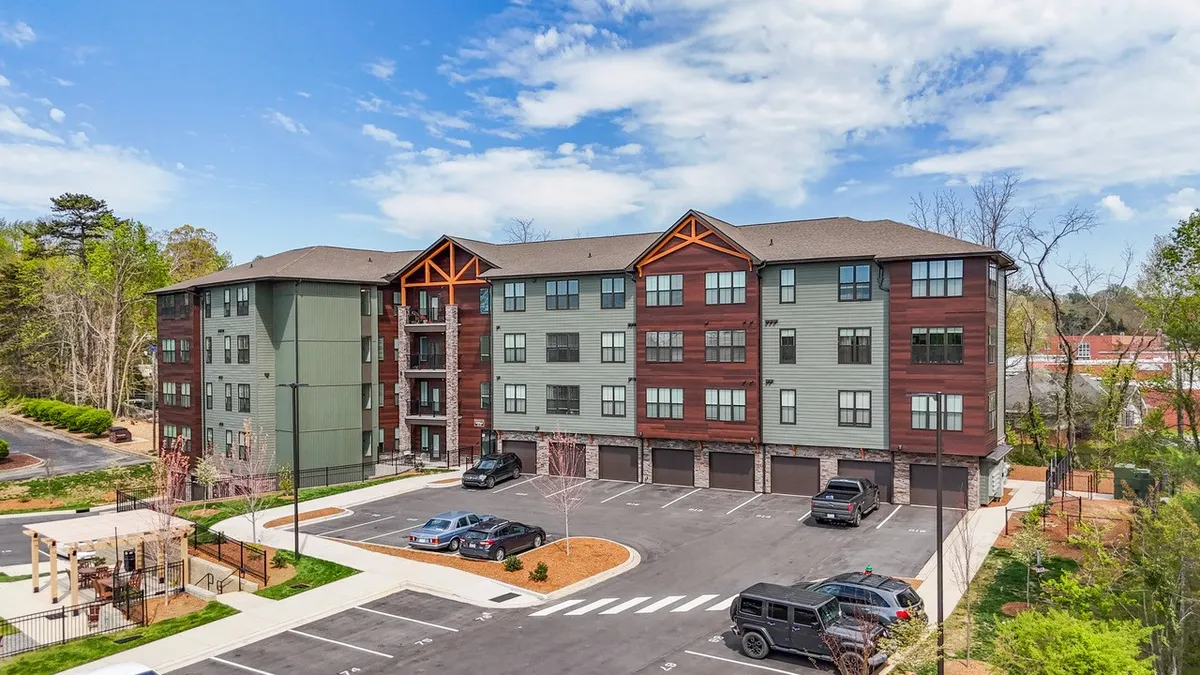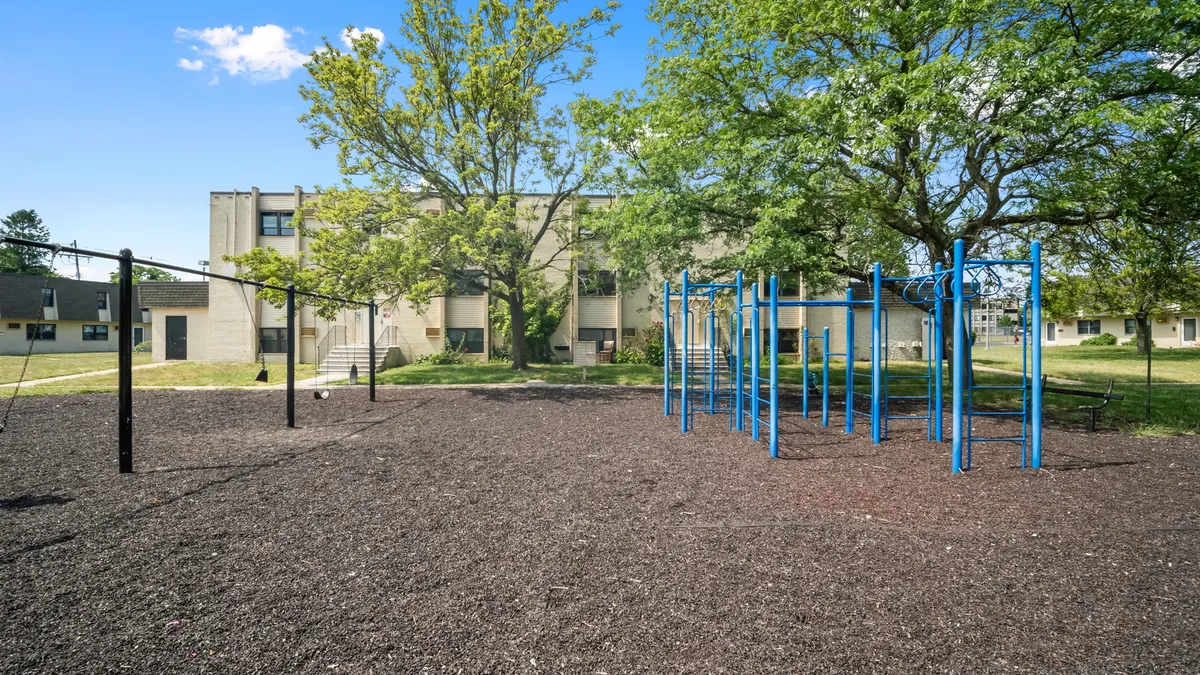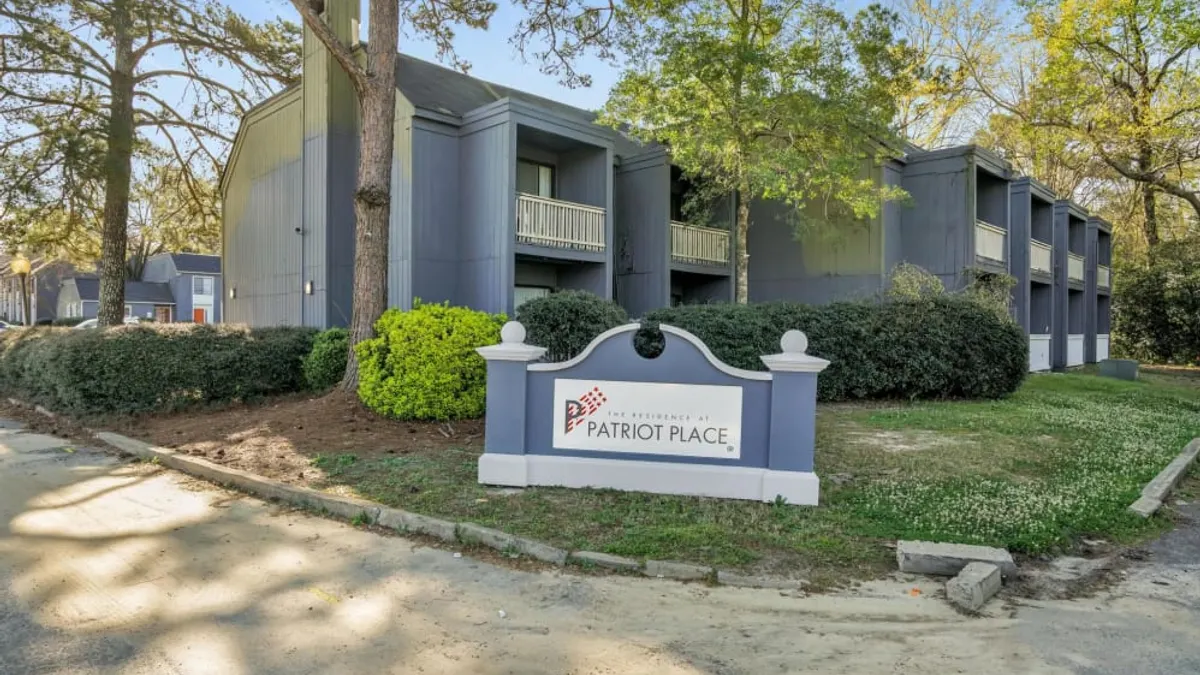In a competitive apartment management landscape, Tony Julianelle, CEO of Atlas Real Estate, leans to his company’s role as a mid-size player in a market increasingly dominated by behemoths.
“We manage for someone who may own a duplex in Phoenix or Tucson, Arizona, all the way up to owners who have 100, 200 or 300 doors,” Julianelle told Multifamily Dive. “We're primarily in class C and class B. We don't do any on-site large class A management. That's a super competitive space that Greystar is pretty good at.”
With 6,000 units under management in eight states, Julianelle says Atlas can “out-local” the national players when his property managers do things like helping Spanish-speaking families navigate rental assistance forms.
But Julianelle says his firm can also tap into many more resources than small, local companies.
“I tell our team all the time that the reason an owner should choose Atlas is that we will out-national the local, meaning we’ve made investments in data warehouses and technology and the ability to report on things,” Julianelle said. “I can tell you what my average work order costs and how long it took me to get it. If you go to Big Dave's Property Management, he can't tell you any of that.”
Atlas also has a brokerage business that handles dispositions of single-family rental properties. The company’s executive team owns a mix of multifamily, warehouse and industrial assets.
Here, Julianelle talks with Multifamily Dive about managing class C properties, technology and management consolidation.
This interview has been edited for brevity and clarity.
MULTIFAMILY DIVE: How is the class C resident holding up financially now that we’re four years removed from the start of the pandemic?
TONY JULIANELLE: I think class C residents benefited greatly from the pandemic-era stimulus. It wasn’t just direct stimulus, but from a lot of municipal, state or federal funding to help with rent in particular.
In April 2020, we were running models around if we collect 70% of the rent, what's going to happen? I think we dipped a couple of points during the pandemic, but it barely moved.
How does the management intensity differ in class C?
I think the real differentiator in the space is going to be the property manager, who knows how to engage the residents and help them with payment. We have a team that we call the resident resource team, and all they do is help residents identify assistance if they need it and get a little bit of coaching financially. We talk them through it. If they can't make a full payment, make a half payment. Let's work that out. So it's just very creative.

We just want to keep people in their homes. Evictions are devastating for everybody. They're terrible for the residents, they're terrible for the owner and they're terrible for us. Nobody wants an eviction. So, we want to help the residents understand the impact on them.
How are you incorporating technology into your platform?
That’s the bane of my existence. I tell our team all the time that you will totally overestimate what we're going to accomplish in a year. And we're going to totally underestimate what we can accomplish in a decade. And I feel like that's the story of everything tech-related right now.
Every time I get pitched on some tech solution that is going to make our lives easier, I just discount the benefit by 60%. The reality is it's harder than everybody thinks it is.
We're using what we can use. For instance, if you don't have robust fraud detection built into your application software, you can't even play this. We're battling fraud every day.
How is technology complementing your on-site operations?
Where we have, I think, made meaningful progress is in utilizing international team members. So we have 50 or 60 team members that are based in Mexico, and we're able to pay fantastically for them and at a meaningful savings to me to do a number of functions that we used to do here in the states.
What are some of the functions that you’re farming out?
Think maintenance coordination. A work order comes in, somebody has to vet that work order and triage it. Having someone remote who's bilingual doing it saves us a lot of money. That has been awesome.
Then they can do invoices and data processing and onboarding and off-boarding a resident into the system. They're not interacting with the residents necessarily. But they’re loading them into AppFolio and making sure all the boxes are checked.
How will consolidation affect the management business?
I’m pretty optimistic that the consolidation that's happening is going to raise the bar a little bit. So if everybody can get a little bit better, that's going to be better for everybody.
Will you be looking to make acquisitions?
We're not probably a big acquirer. We like organic growth. We'd be opportunistic if there was something there. We’ve bought four or five companies over our lifecycle here.
We were glad we did that, but we really like growing organically, growing through things that we purchased in partnerships and growing through word of mouth and referral. That just is so much more stable to us.
Click here to sign up to receive multifamily and apartment news like this article in your inbox every weekday.


